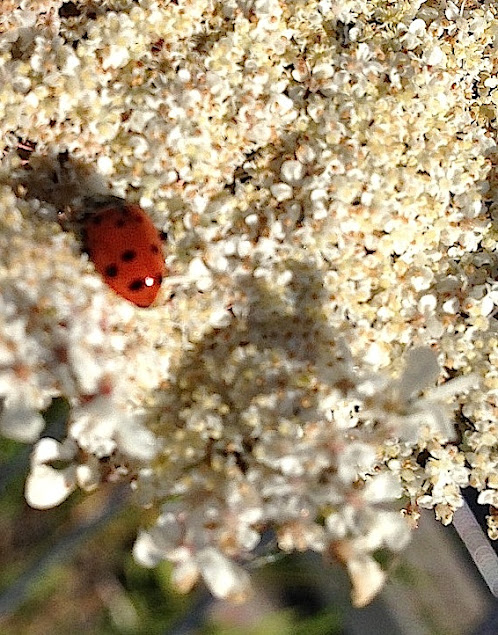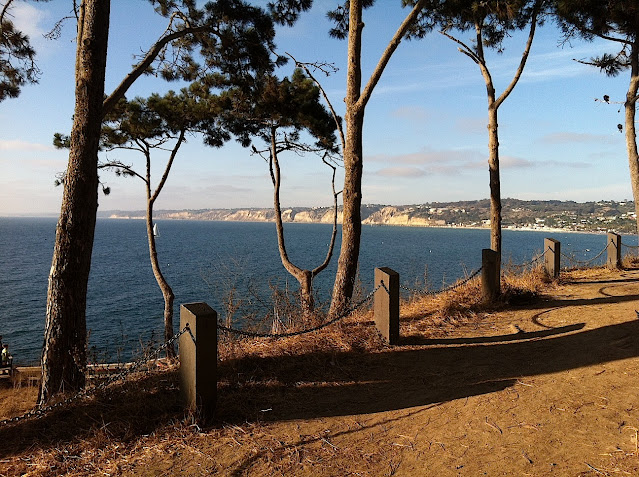We own a variety of emotions and moods that have the ability to teach us about ourselves and how we relate to others. A message resides in every emotion. They reflect like mirrors and challenge us to discover ways to watch the many sides of our personalities.
Our moods create a spectrum that bounces the mirrors. We can use the bands of light to examine the writing process. Moods provide insights and information for character development. They add texture to our prose and poetry.
Martha Nussbaum writes in her book, Upheavals of Thought, “ [There's] no firewall between emotion and intellect.”
Often we fear or flee from our moods. We try to rationalize them rather than attempt to swim in their murky waters. We repress them with the force of will but discover they will crest again.
Our intellect does not overcome anger. The quickest emotion to arise, it requires acknowledgment. If we develop ways to examine and even appreciate it, then it will roll in and dissipate like waves to shore.
Eastern philosophies reveal that emotional states have no hierarchy. Awareness and acceptance ebb and flow through awakening to suffering. All elements of consciousness must flow through us. Avoidance only delays the ability to harmonize within ourselves. If we face our emotions with honesty and develop an inner wisdom filled with ways to accommodate them, their full range will provide a balanced life experience.
Take a break. Rather than avoidance of what's going on - probe your mood.
What do words like sad and melancholy mean to you? How do they percolate through your body?
Launch into the details and stretch toward discovery of ways to describe them beyond their word symbol. What other words elaborate their meaning?
Eliminate the usage of words to describe moods. Create metaphors to discuss frustrated, angry, or confused.
In what ways can concerned, playful, fierce or attentive reveal themselves?
If stuck in despair how can one move through the experience?
Spend a day following the ebb and flow of your moods. Take notes and allow the freeflow of all emotions. Don't judge or censor them; try not to become reactive. Remain fully present.
Experience what they feel like in all parts of the body.
What can you learn as they guide you?
Let your notes sit for a day, then return and write about what you discovered.

















































